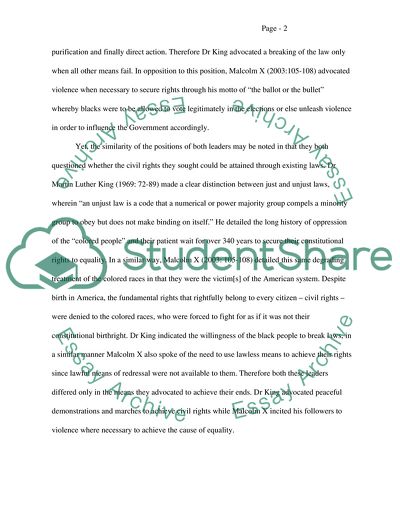Cite this document
(Which Has Made a Greater Impact on American Society since 1945 Law or Coursework Example | Topics and Well Written Essays - 1500 words, n.d.)
Which Has Made a Greater Impact on American Society since 1945 Law or Coursework Example | Topics and Well Written Essays - 1500 words. https://studentshare.org/history/1705789-which-has-made-a-greater-impact-on-american-society-since-1945-law-or-lawlessness
Which Has Made a Greater Impact on American Society since 1945 Law or Coursework Example | Topics and Well Written Essays - 1500 words. https://studentshare.org/history/1705789-which-has-made-a-greater-impact-on-american-society-since-1945-law-or-lawlessness
(Which Has Made a Greater Impact on American Society since 1945 Law or Coursework Example | Topics and Well Written Essays - 1500 Words)
Which Has Made a Greater Impact on American Society since 1945 Law or Coursework Example | Topics and Well Written Essays - 1500 Words. https://studentshare.org/history/1705789-which-has-made-a-greater-impact-on-american-society-since-1945-law-or-lawlessness.
Which Has Made a Greater Impact on American Society since 1945 Law or Coursework Example | Topics and Well Written Essays - 1500 Words. https://studentshare.org/history/1705789-which-has-made-a-greater-impact-on-american-society-since-1945-law-or-lawlessness.
“Which Has Made a Greater Impact on American Society since 1945 Law or Coursework Example | Topics and Well Written Essays - 1500 Words”. https://studentshare.org/history/1705789-which-has-made-a-greater-impact-on-american-society-since-1945-law-or-lawlessness.


